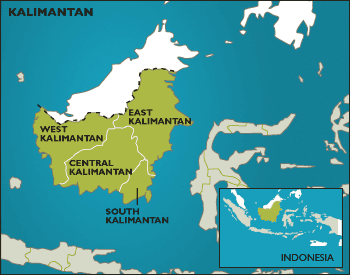- Home
- About
- Campaigns
- Regions
- Themes
- Agrofuels
- Climate justice
- Coastal communities and fisheries
- Disasters
- Economy & debt
- Energy
- Foreign investment
- Forests & forest fires
- Human rights
- Indigenous Peoples
- International Financial Institutions
- Land and food security
- Laws & regulations
- Mining, oil & gas
- Plantations
- Politics & democracy
- REDD
- Regional autonomy
- Transmigration
- Water and dams
- Women
- Publications
- Links
- Contact
Campaign
Theme
- Agrofuels (8)
- Climate justice (23)
- Coastal communities and fisheries (12)
- Economy & debt (20)
- Energy (24)
- Foreign investment (91)
- Forests & forest fires (92)
- Human rights (79)
- Indigenous Peoples (98)
- International Financial Institutions (26)
- Land and food security (55)
- Laws & regulations (46)
- Mining, oil & gas (86)
- Plantations (67)
- Politics & democracy (23)
- REDD (7)
- Regional autonomy (22)
- Transmigration (10)
- Water and dams (8)
- Women (12)
Publication
- Newsletter articles (143)
- Special reports & briefings (7)
- Books (1)
- Photos and videos (3)
- Workshop resources (1)
- Fact sheets and updates (4)
- Press releases & position papers (10)
- Letters (2)
Kalimantan

